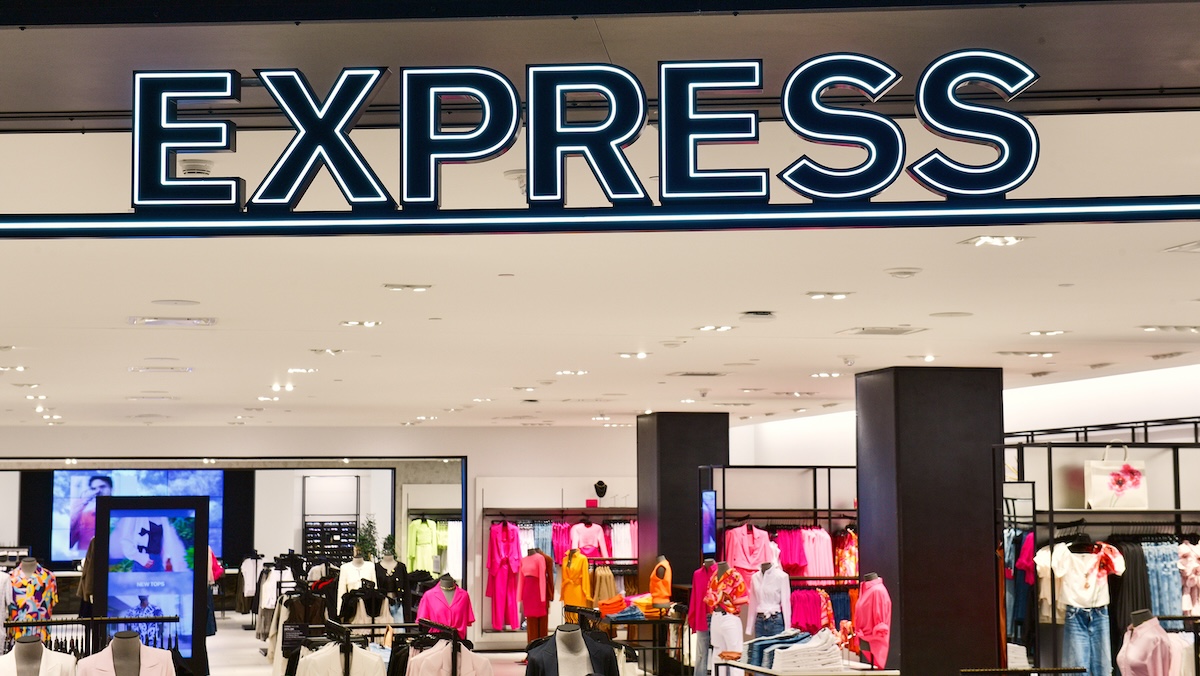Wall Street snapped back Tuesday after its biggest sell-off in years amid growing expectations that lawmakers will salvage a $700 billion rescue plan for the financial sector. But the seized-up credit markets where businesses turn to raise money showed no sign of relief.
The recovery in stocks wasn't unexpected as carnage on Wall Street often attracts bargain hunters, though questions remain about how investors will proceed. Without a bailout plan in place to absorb soured mortgage debt and other bad loans from battered banks, investors are left wondering what might restore confidence in lending.
Major stock indexes were almost a sideshow during the session, with the credit markets as the main event. A key rate that banks charge to lend to one another shot higher, a tightening of the availability of credit that could cascade through the economy.
Traders on the floor of the New York Stock Exchange, still stunned from Monday's 778-point rout in the Dow Jones industrial average, warned that the government needs to approve a plan that will sweep away the fears that hobbled the credit markets. While U.S. political leaders have vowed to revisit the issue, the House isn't slated to meet again until Thursday.
"If it doesn't pass, then look out below," said Jason Weisberg, an NYSE trader for Seaport Securities. "It could get ugly."
Business
Though the blue-chip index rose nearly 500 points by late afternoon, the main worry for traders is that a lack of a plan will make it nearly impossible for some companies to fund basic operations like making payroll. Participants in the credit market buy and sell debt that companies use to finance operations.
The benchmark London Interbank Offered Rate, or LIBOR, that banks charge to lend to one another, rose sharply Tuesday, making it more expensive and difficult for consumers and businesses to borrow money. In addition, credit card debt and more than half of adjustable-rate mortgages are tied to LIBOR, so an increase isn't welcome for many consumers.
LIBOR for 3-month dollar loans rose to 4.05 percent from 3.88 percent on Monday. LIBOR for 3-month euro loans, meanwhile, rose to 5.27 percent, from 5.22 percent Monday.
Critics of the bailout package believe that it was too costly and wouldn't have done enough to jump-start lending. To maintain pressure ahead of Thursday's likely vote, President Bush said in a statement from the White House early Tuesday that the damage to the economy will be "painful and lasting" unless Congress passes the bailout measure.
At the close, the Dow rose 485.21, or 4.68 percent, to 10,850.66 after falling nearly 7 percent on Monday to its lowest close in nearly three years. It was the largest point drop and 17th largest percentage drop in the blue chip index. The percentage decline was far less severe than the 20-plus-percent drops seen in the stock market crash of October 1987 and before the Great Depression.
Broader stock indicators also bounced higher. The Standard & Poor's 500 index recovered 58.34, or 5.27 percent, to 1,164.73, and the Nasdaq composite index rose 98.60, or 4.97 percent, to 2,082.33.
The S&P fell 8.79 percent Monday, while the Nasdaq lost 9.14 percent.
Overseas, Japan's Nikkei stock average fell 4.12 percent. But Hong Kong's Hang Seng index rose 0.76. Britain's FTSE 100 rose 1.74 percent, Germany's DAX index added 0.41 percent, and France's CAC-40 rose 1.99 percent.



